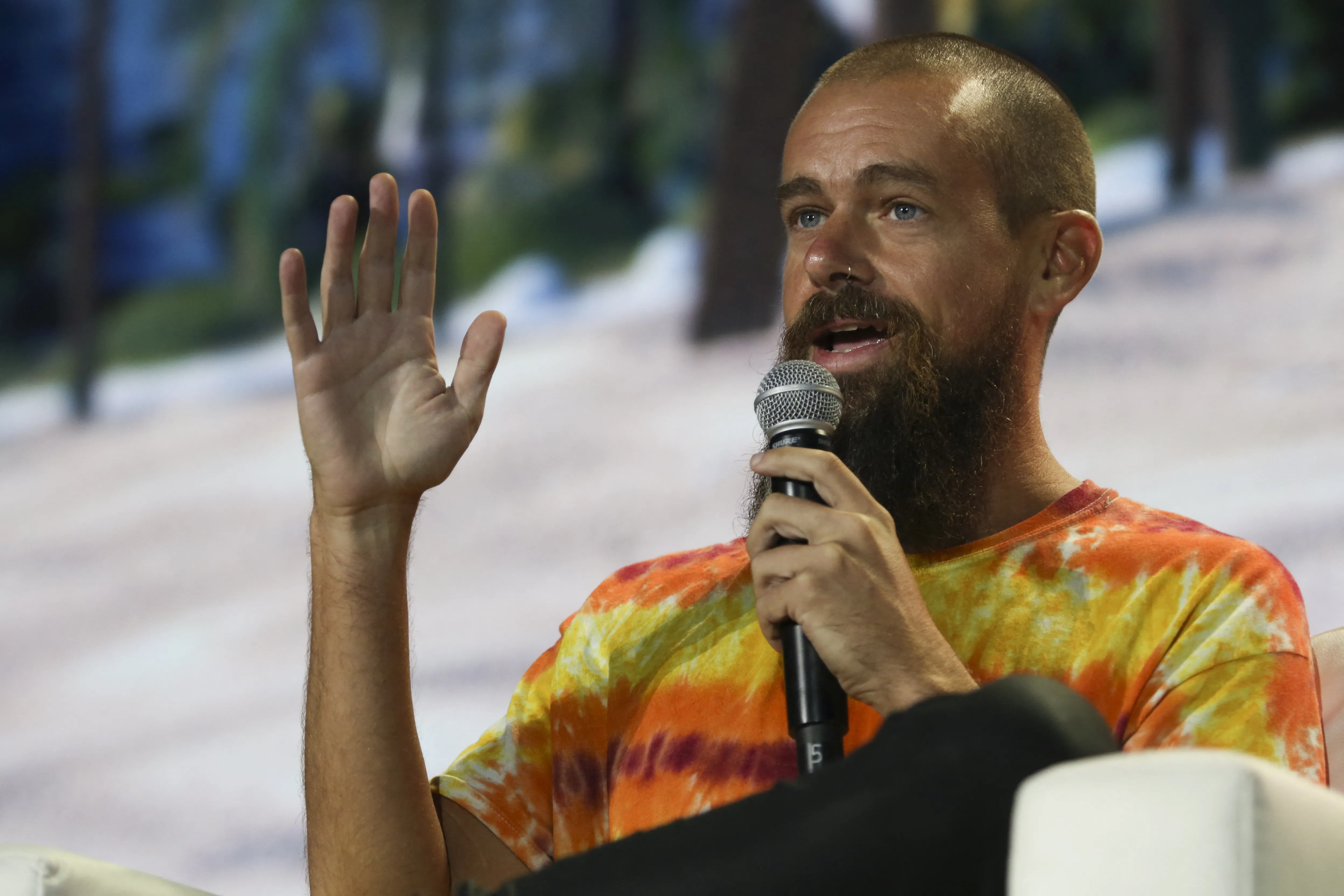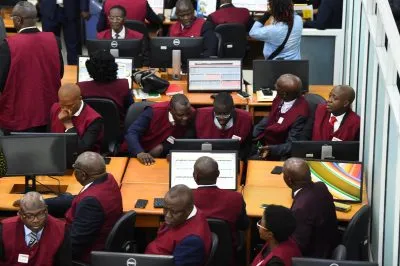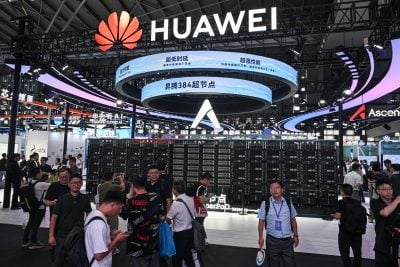On December 15, 2021, Twitter founder and former CEO Jack Dorsey appointed four Africans to sit on the board of Btrust (Bitcoin Trust), an initiative co-founded with US entertainment mogul Jay-Z to deploy 500 bitcoin ($21.5m) to efforts to develop the currency in the developing world.
Nigerians Obi Nwosu, Ojoma Ochai and Abubakar Nur Khalil joined South African Carla Kirk-Cohen in beating competition from over 7,000 applications. In a statement on his Twitter account, Dorsey said that the board members will “work towards defining the operating principles as they think about how to best distribute the 500 bitcoin towards development efforts.”
The trust, according to Dorsey, will operate as a blind irrevocable trust, taking zero direction from the donors. In February 2021, Dorsey announced on Twitter that the trust would “fund #Bitcoin development, initially focused on teams in Africa & India”. The application form for board members established a mission to “make bitcoin the internet’s currency”.
African proponents say that bitcoin and other cryptocurrencies could help to revolutionise slow and costly payments systems on the continent, but many governments look with scepticism or outright hostility at a currency over which they have little regulatory oversight and which is sometimes used for illicit activities.
Enabling cross-border transactions
Nigerian Ojoma Ochai, one of the newly announced board members, began her career in the tech industry, and later worked for the British Council, the UK’s international organisation for cultural relations and educational opportunities.
Now the managing partner at Lagos’ Co-Creation Hub, she says that her interest in cryptocurrencies developed in 2019 after attending a conference in Kigali that discussed how African companies could benefit from the African Continental Free Trade Area (AfCFTA).
Conversations around the barriers to African trade spurred discussions about the continent’s perennial payment complexities and the potential of bitcoin and other cryptocurrencies to reform the sector.
“One of the things you will notice when you work in the creative industry in Africa is that there are many barriers to intra-African trade and so that is a context I have been conscious of.
“We talked about barriers to enabling intra-African and cross-border payments. Bitcoin obviously provides that opportunity. It hasn’t quite got there yet, but there is certainly a case for bitcoin to enable cross-border transactions in a seamless way with lower transaction costs and more African transactions,” she explains.
Ochai says the potential of bitcoin to tackle such challenges drove her to apply for a board position at Btrust.
“If bitcoin can solve it, then African developers need to be in there, working on bitcoin protocol. So that was really my interest, making sure that Africans are involved in creating the future of a solution that could be potentially a game-changer for a sector like the creative economy.”
Yet before plunging into a raft of investments, Ochai says that Btrust first has to clearly define its objectives and brainstorm how best to develop the currency in Africa and India.
“Essentially, what we are doing is start an organisation from scratch so that we can deliver against the objectives that have been set. We’ve spent a lot of time brainstorming parameters that we need to consider and thinking through all of the options that we have in terms of the parameters.”
Growing the bitcoin developer community in Africa
As well as Carla Kirk-Cohen, a developer at Lightning Labs, and Obi Nwosu, co-founder of crypto startup Coinfloor, Ochai is joined on the board by fellow Nigerian Abubakar Nur Khalil, a Kaduna-based programmer who leads Recursive Capital, an “early-stage Bitcoin VC fund investing towards the development of the bitcoin ecosystem in Africa”.
Khalil says Btrust is as an avenue to further his personal goal of helping grow the bitcoin developer community in Africa. Bitcoin developers focus on improving aspects of the ecosystem, including security, its transaction speed, and expanding the open-source network.
“My primary goal is to see that the bitcoin ecosystem in Africa is grown. There is a huge deficit of developers on the bitcoin ecosystem whereas there are lots of talented developers here in Africa and the global south. With Btrust we have funding now and we are decentralising the developer pool supporting the developers in these regions.”
In particular, Btrust can help open-source bitcoin developers to access grants and other remuneration for their work, a state of affairs which he says is currently lacking in Africa.
“We have seen that some of the barriers to developers working on open source point development is that there are very few channels for them to get paid and in many global countries, where people welcome these open source projects, there are grants and support mechanisms,” says Ochai.
Educating policy makers
Yet while African developers might dream of a day where the can get paid for their role in the ecosystem, the official situation in Africa continues to remain largely hostile to bitcoin. In February 2021, Nigeria’s government banned cryptocurrency transactions through licensed institutions. Despite official censure, the currency remains popular with retail investors, with billions of dollars received in Nigeria via bitcoin every month.
Given the runaway popularity of crypto even without official sanction, Khalil believes that Btrust can play an educational role in helping policymakers to see the advantages of the cryptocurrency revolution.
“I feel the government’s decision is reactionary to something that could be a potential threat or vehicle for dangerous activities. I think it is exemplary of how much they probably do not understand the technology or intended benefits if they let it proliferate into these regions.
“Btrust can help us bring governments together and educate them on what bitcoin is and the prospects if they let it proliferate.”
Ochai says that the board is considering how to work with governments on bitcoin development.
“What we are doing is to get on the train of that journey while governments in different locations respond over the long term. In short, we think this is a step in the journey towards the inevitability of technology affecting the global payment system and a team of Africans participating,” said Ochai.
For now, the board members are focused on putting strong foundational elements in place, working on hiring professionals who will be in charge of day-to-day activities, while using Twitter as its sole communication channel for the time being.
“We want to keep this as transparent as possible, just to keep the public updated,” says Khalil.
Want to continue reading? Subscribe today.
You've read all your free articles for this month! Subscribe now to enjoy full access to our content.
Digital Monthly
£8.00 / month
Receive full unlimited access to our articles, opinions, podcasts and more.
Digital Yearly
£70.00 / year
Our best value offer - save £26 and gain access to all of our digital content for an entire year!

 Sign in with Google
Sign in with Google 



